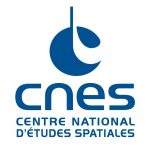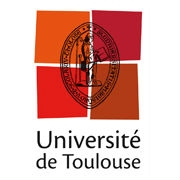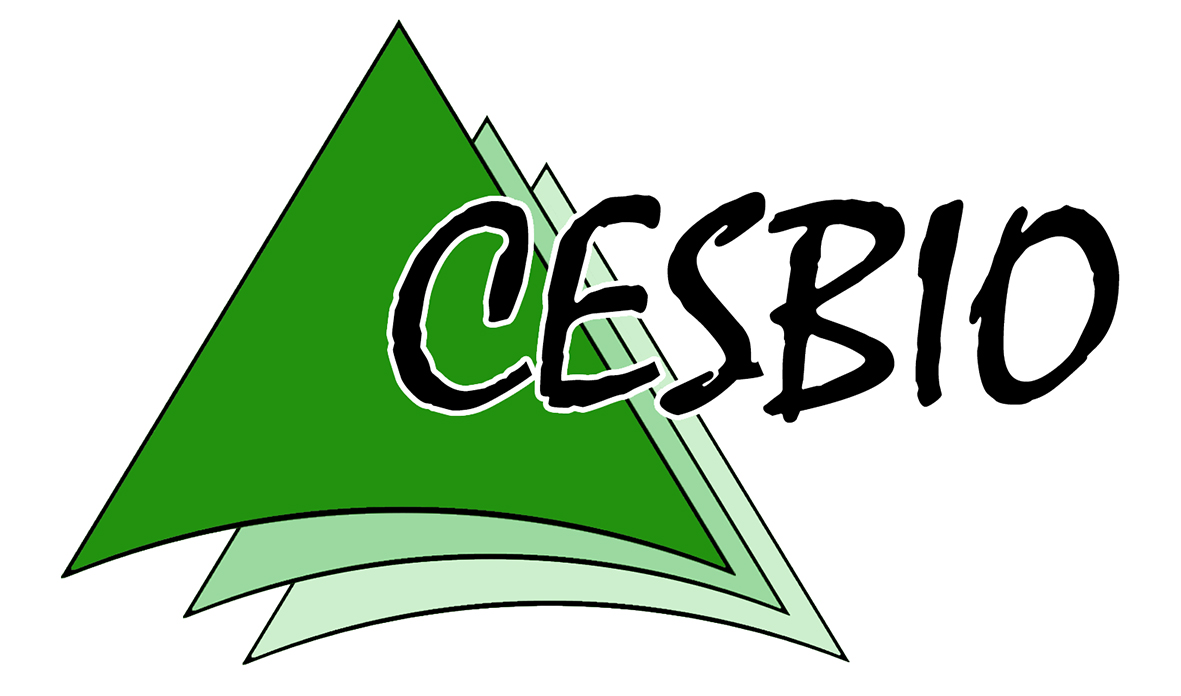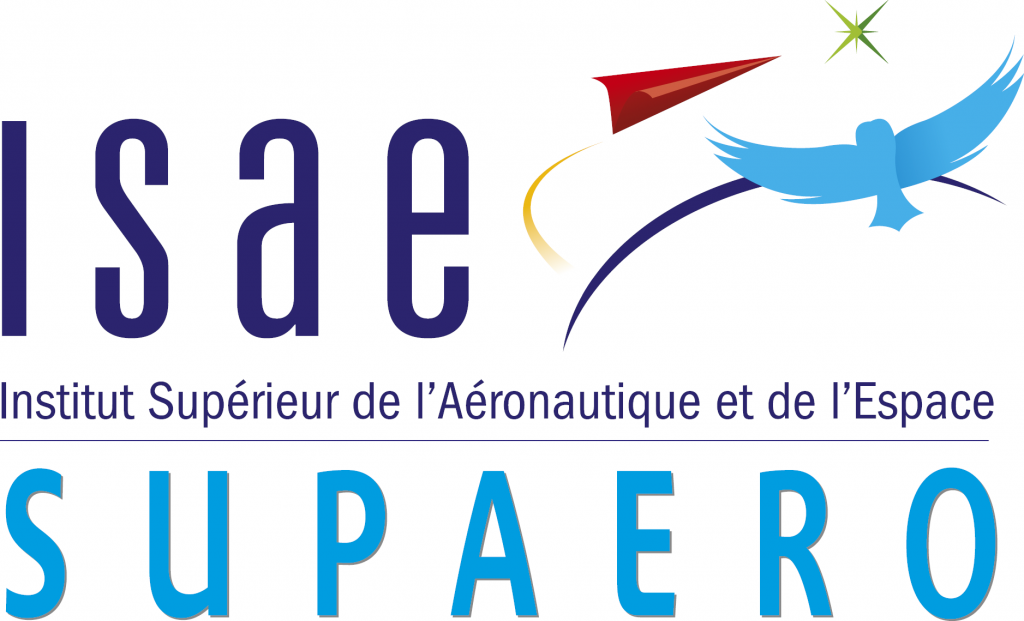November 1, 2022
Prepare your abstract
Abstracts shall be selected based on the one-page abstracts (max 1000 words).
Abstracts should contain the following information:
– Title of the paper
– Authors full name and affiliations
– Name, address, e-mail, telephone of the main author
– Proposed topic for the paper
– Presentation preference (oral or poster)
November 1, 2022






